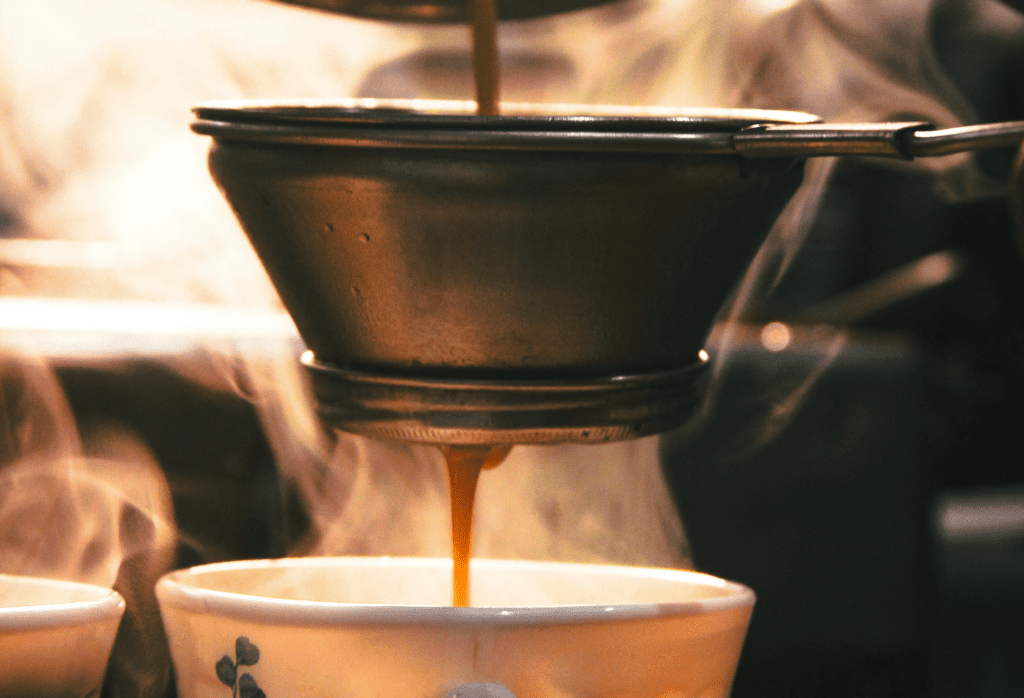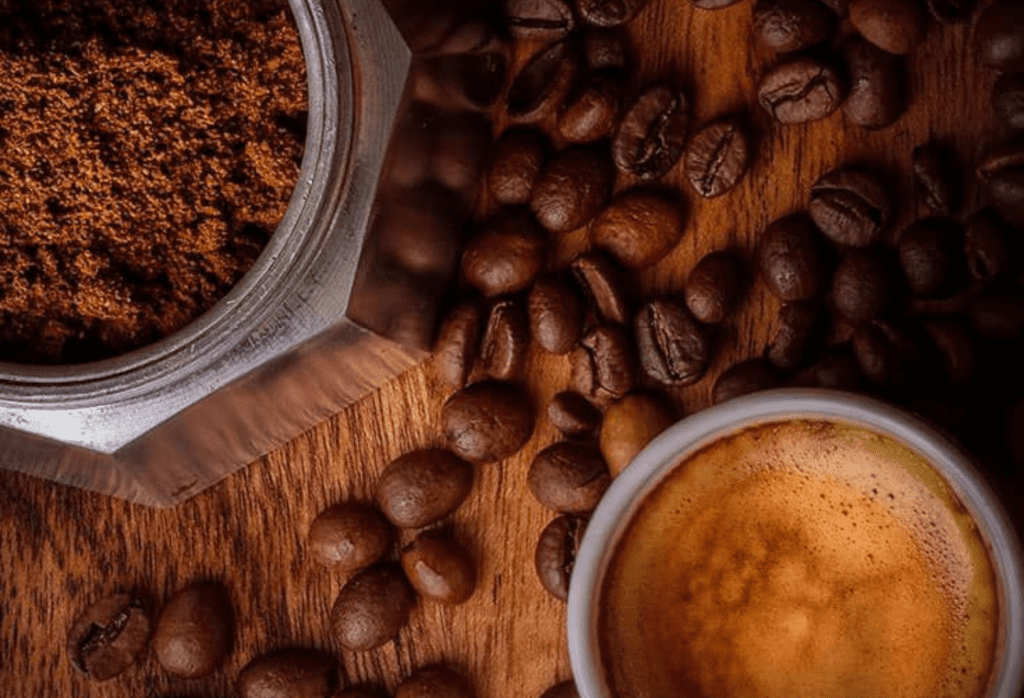Coffee History and Culture of Coffee
Coffee is a really liked drink worldwide, and about 2.25 billion cups are enjoyed every day. But how did it become so famous everywhere? And how do people enjoy coffee in different parts of the world?
In this article, we’ll learn about the history and culture of coffee from where it started in Ethiopia to how people enjoy it today in various places.
The Origins of Coffee

In the ancient times, during the 9th century in Ethiopia, there lived a goat herder named Kaldi. One day, he observed that his goats became lively and playful after munching on red berries from a particular plant. Intrigued by this, Kaldi tasted the berries himself and experienced a similar energy boost. Excited by the discovery, he shared the berries with monks at a nearby monastery. They brewed the berries into a drink to help them stay awake during their prayers.
The term “coffee” originates from the Arabic word “qahwah,” initially meaning “wine” or “a drink made from berries.” Coffee gradually spread from Ethiopia to the Arabian Peninsula, where Arabs grew and traded it. They were the pioneers in developing the initial methods of roasting and brewing coffee beans. Coffee gained popularity among Muslims, serving as a substitute for alcohol, which was prohibited by their religion.
The Spread of Coffee

Coffee came to Europe in the 16th century from places like Egypt and Yemen, brought by Ottoman Empire and Venetian merchants. At first, only rich people in Italy could afford it. But later on, the Dutch and the British started growing coffee in their colonies, making it more available.
In Europe, coffeehouses became important places for socializing, talking about ideas, and politics. Famous thinkers like Voltaire, Rousseau, Locke, and Newton often visited coffeehouses during the Enlightenment. In America, during the Revolution, people stopped drinking British tea and started drinking coffee to show they wanted independence.
The Diversity of Coffee

Coffee is a really diverse drink with lots of different flavors and ways to enjoy it. People all over the world love drinking coffee because it not only wakes you up but also tastes really good. There are different types of coffee beans that affect the taste, like Arabica beans that are mild and have a nice smell, and Robusta beans that are stronger and more bitter.
Where the coffee comes from also matters. For example, Ethiopian coffee is known for being bright and fruity, Colombian coffee is balanced with a mild taste, and Sumatran coffee has a full and earthy flavor.
After the beans are picked, how they are processed also makes a difference. Different methods like washed, natural, honey, and semi-washed give the coffee unique flavors and smells.
How you make your coffee matters too. Whether you use an espresso machine, pour-over, French press, AeroPress, or cold brew, each method brings out different tastes.
But coffee is not just about the beans and how you make it. It’s also a big part of different cultures. In Ethiopia, they have traditional coffee ceremonies, while in Italy, they love their espresso. Each culture has its own way of enjoying and appreciating coffee.
Specialty coffee is all about finding really good, high-quality beans. They pay attention to everything, from how the beans are grown to how the coffee is made, to bring out the unique flavors of each type of coffee.
The Future of Coffee

Coffee is more than just a drink. It has a long history, a culture, and a lifestyle. People all around the world connect with each other through coffee, and it inspires creativity. However, there are challenges and opportunities for coffee in the 21st century, like climate change, social justice, and environmental impact. Coffee lovers need to think about how coffee will adapt and change in the future. How can we keep enjoying and valuing this amazing beverage? These are important questions for coffee enthusiasts to explore in the coming years.





